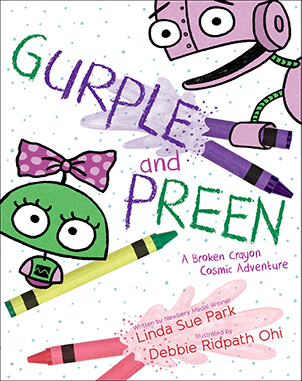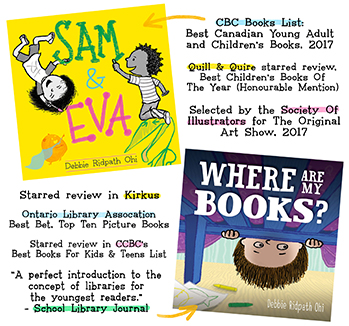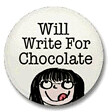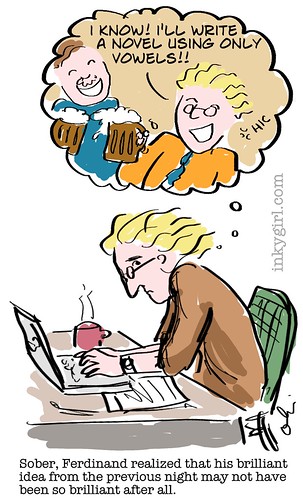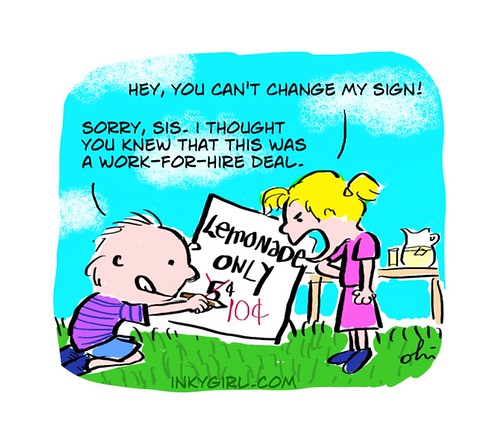Thanks to those who answered my writing space survey! Some responses:
Carl Klutzke:
"I also prefer silence when writing (or programming). I can sometimes listen to music with lyrics if I know them so well that I can actually sing along without any conscious effort.
I do most of my writing from about 5 to 6:30am, before the rest of the house gets up, and before I leave for my job (which keeps me motivated to write). I sit with my laptop at the kitchen table with the curtains open so I can see the back yard. I also have a cup of coffee, not because I’m sleepy, but just because it’s pleasant."
Mari Adkins:
"I like music on “low” (never cared for loud music, anyway, so no biggie there). I’m a hard rock/metal kinda of gal - Stone Temple Pilots, Breaking Benjamin, Staind, A Perfect Circle, Hurt, etc.
I do work better without people around - especially when the husband isn’t home. Unfortunately, he works four days a week and is home three. :headdesk: I get a lot of 'Honey come look at this' (as if it’s not going to be available later, or something) and such. Very thought-derailing. He’s getting better at that, though."
Sherman Dorn:
"The environment depends on the task. For much of my work (including some writing stuff), I can be in a busy place. When I am in a “long stretch of writing” (i.e., writing a passage that requires that I keep a train of thought together for several hours), I’ve discovered that I can’t be around my children, no matter how dear they are to me. Something about parenting kicks in an automatic “what’s going on with them” drain on my concentration when they’re in the same space, even if they are PERFECTLY QUIET! So either they need to be out of the house or I need to be.
At my office, recently, I’ve also discovered that I need to shut my door for this concentration. Maybe I’m losing cognition, but maybe it’s just life and oncoming curmudgeonhood."
Katharine Swan:
"I work best when I can change my seat - and my scenery - periodically. Otherwise I get stiff and sore from sitting in the same place for too long. Besides my desk, my office features a cushy antique rocker where I can work with my laptop on my lap and my feet up. I also work at the kitchen table, on the living room couch, on the porch, and even in a makeshift office in the basement when it gets hot upstairs!
Sometimes I write with music, but like Debbie, it has to be without words or I get distracted. I also like to choose music that reflects a theme in my current project.
However, like Mari I do better when there’s no one around to distract me. Trying to work evenings and weekends, when my fiance is home, is a hopeless cause. I like to work very late at night, when there are next to no distractions - even the dog doesn’t bother me then."
Crystal Paul:
"I’m a technical writer, so most of what I write is not the world’s most engaging content. I find that music helps keep the right brain from, so to speak, jogging the left brain’s elbow every 15 minutes & yelling, “Wanna write something FUN now!”
Instrumental music is best, but oddly vocal music is fine if it’s in a foreign language — even one I understand enough to decipher the words, or a piece for which I already know the words.
Lyrics in English, OTOH, set up “interference” between the words in my ears and the words I’m trying to organize in my brain."
Steve Savitzsky:
"I prefer silence. Having tried several different flavors of noise-cancelling headphones with limited success, I now favor noise-BLOCKING phones — they’re usually made for drummers.
As for software, I use Emacs. Since it’s a text editor rather than a word processor, it lets me pick a font that I can see, and concentrate on the text. For hardware, nothing but an IBM model M keyboard (the one that feels like a Selectric typewriter) will do. There’s a company still making them — for about $100. I snapped up a bunch of the real deal at a surplus joint for prices ranging from $4 to $8."
Clair Ching:
"Music: Preferrably jazz, acid jazz, fusion, upbeat stuff.
Favorite spot: my low table at home and I have my back against a wall.
Software: Like Steve, I use Emacs. I simply love it and though it’s quite popular among programmers, I use it for writing and editing text. There’s even a
guide to Emacs specifically written for writers. It’s really awesome."
Elaine:
"I’m a music person.. I always write with the music on because if there’s only silence to accompany me, i’ll never get into writing because i’ll be stuck in the reflection phase. If there’s no music.. i sing.. hehe i also consider it music :p as of the workplace.. doesn’t matter where as long as i have a pen, paper, laptop, or any writing material/tool for that matter."
Kvetch:
"I write best if it’s quiet - which is why with two kids and three dogs, early morning and late night work best for me. I can have talk radio or the television on in the background, but music distracts me."
Buzz:
"Mari: Your husband must be related to my wife - different gender but same issues! I try to write when my wife and four daughters aren’t around - which is rarely. We’ve moved continents, countries, regions and houses in the last 11 months and have a nice new home in NZ but I need to convert the garage into an office before I’ll get any peace! :-)"
 author website in
author website in  Blog/news
Blog/news 




